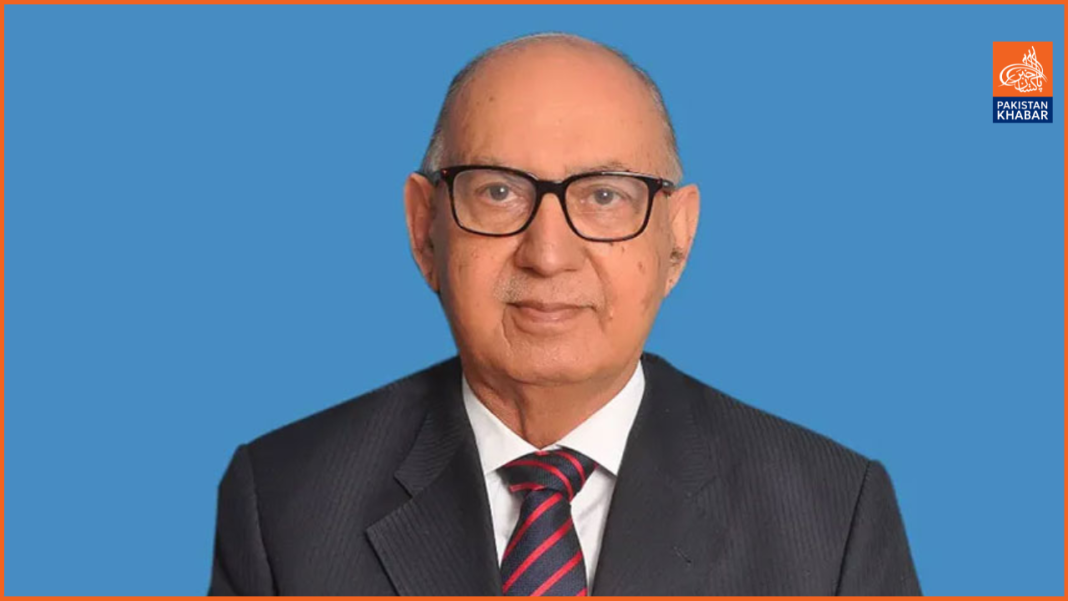Pakistan Muslim League-Nawaz (PML-N) Senator Irfan Siddiqui has voiced his concerns over recent remarks made by Pakistan Tehreek-e-Insaf (PTI) Chairman Barrister Gohar Ali Khan regarding his meeting with Chief of Army Staff (COAS) General Syed Asim Munir. Senator Siddiqui questioned the legitimacy of what he termed “backdoor negotiations” and called into question the credibility of the process.
In his statement, Senator Siddiqui shared his insights into the ongoing discussions, emphasizing that successful negotiations cannot be conducted through multiple channels. He urged PTI to acknowledge the talks formally and reconsider its approach. The PML-N senator suggested that the PTI should focus on a single negotiation channel, rather than attempting to navigate multiple avenues within the political process.
Senator Siddiqui’s remarks followed Barrister Gohar Ali Khan’s confirmation that he, along with Khyber-Pakhtunkhwa Chief Minister Ali Amin Gandapur, had met Army Chief General Asim Munir in Peshawar. The PTI leader stated that the purpose of the meeting was to ensure political stability in Pakistan. Barrister Gohar emphasized that the meeting was held under the instructions of PTI Chairman Imran Khan and was a significant step towards dialogue. He added that PTI had always been open to negotiations, but had previously faced resistance from the other side.
Gohar Ali Khan further clarified that the meeting included the presentation of PTI’s demands, such as the formation of a judicial commission and an inquiry into two specific incidents. He described the talks as positive and constructive, noting that a formal discussion with the establishment was a welcome move.
The meeting took place just one day before Imran Khan and his wife, Bushra Bibi, were convicted in the £190 million case. The accountability court in Rawalpindi’s Adiala jail sentenced the couple to 14 and seven years, respectively, after delaying the verdict multiple times. Despite the looming legal challenges, PTI has expressed optimism about the ongoing dialogue and its potential to bring political stability to the country.




